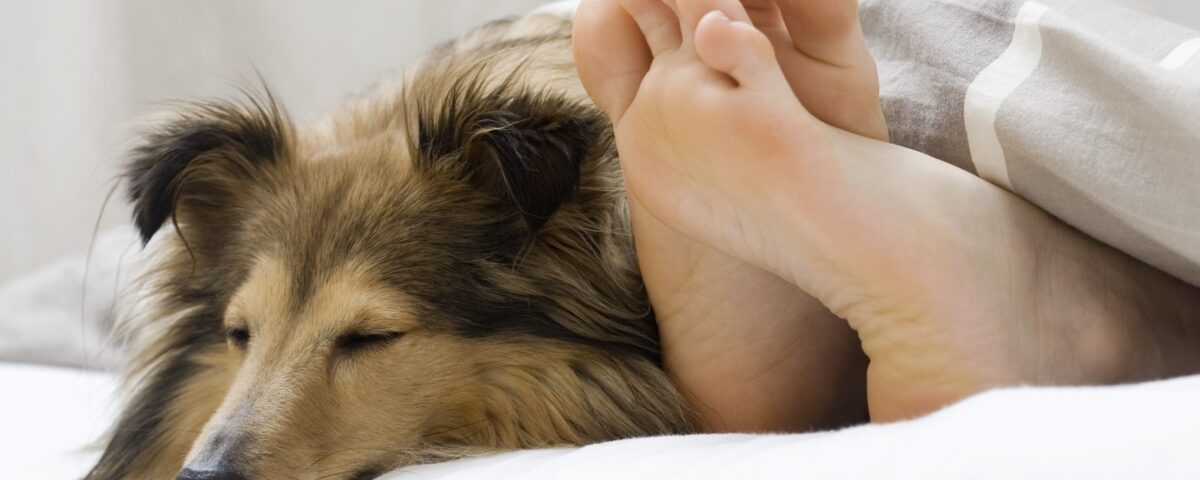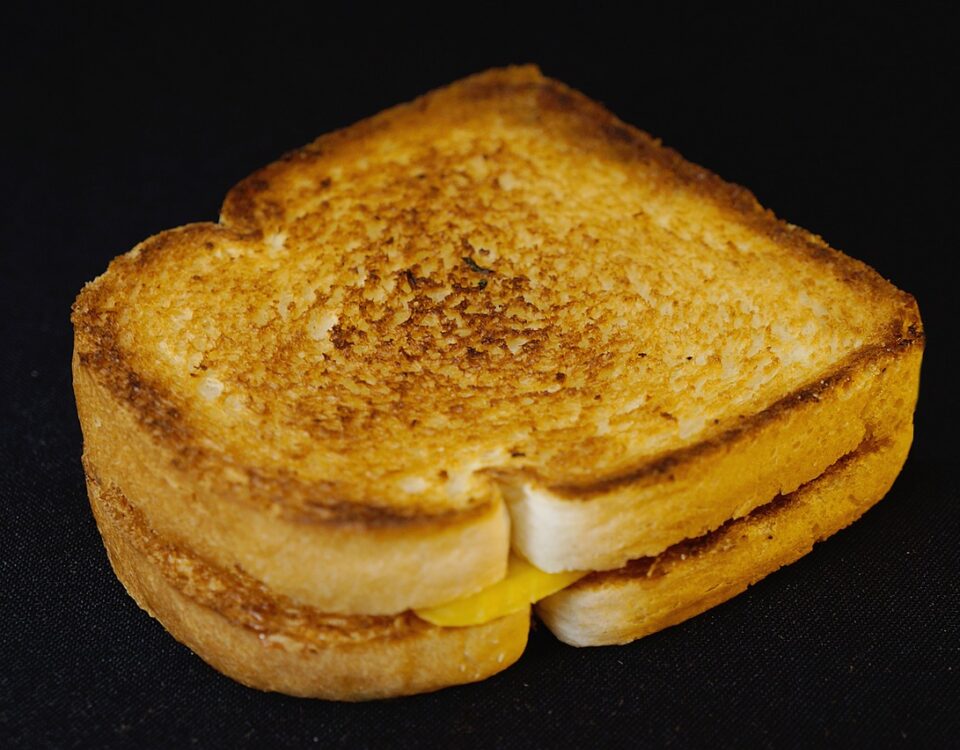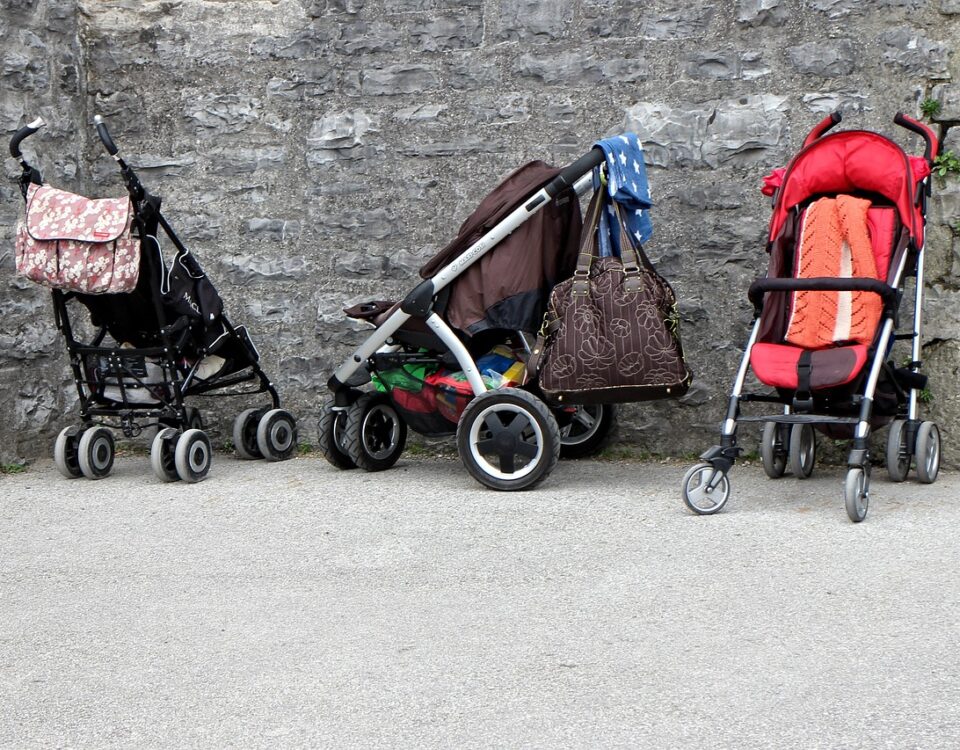
What a Strawberry and a Chicken Say About Free Trade
February 27, 2018
What You Might Not Know About a Toilet Paper Shortage
March 1, 2018Ben Franklin was wrong.
Early to bed and early to rise will NOT necessarily make a man healthy, wealthy, and wise. Not if you have a night owl chronotype.
As a late sleeper, I can confirm that too many people disparage those of us who go to bed late and sleep late. I am numb at nine in the morning (and 8 a.m. or 7 a.m. are torture). I write my best blogs at 1 or 2 a.m.
Where are we going? To work, sleep, and productivity.
Sleep Preferences
In one study, 759 Saudi college students filled out a shortened version of the MEQr –morningness-eveningness questionnaire. Composed of just five questions, the survey asked about morning wake-up time and evening bedtime. Participants also told when they had the most energy and what circadian type they considered themselves.
You can see below that the majority was the neither-type:
In other studies also, the neither-type was most typical:
However, the evening people, at 20% to 30% of the responders, were a substantial, not-to-be-pooh-poohed number.
Our Bottom Line: Productivity
Sleep matters.
A 2016 Rand Report suggests that the prevalence of sleep deprivation in five OECD countries constrains productivity and GDP growth. With eight or so hours the goal, their data indicate sizable chunks of the population getting six to seven hours a night and less:
Looking at the table above and the map below, we see a correlation between lost sleep and lost GDP:
 According to the Rand report, sleep deprivation diminishes work time, lowers cognitive performance, and impairs our health.
According to the Rand report, sleep deprivation diminishes work time, lowers cognitive performance, and impairs our health.
Sadly, I wonder if night owls experience the most sleep deprivation.
My sources and more: Thanks to Vox for reminding me it was time to return to the night owl’s plight. From there, I went to the Saudi Arabia study and had some fun taking the Morningness Eveningness Questionnaire. Lastly, displaying my bias, I suggest looking at this National Geographic study and the B-Society.
![econlifelogotrademarkedwebsitelogo[1]](/wp-content/uploads/2024/05/econlifelogotrademarkedwebsitelogo1.png#100878)







